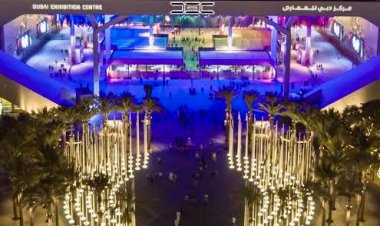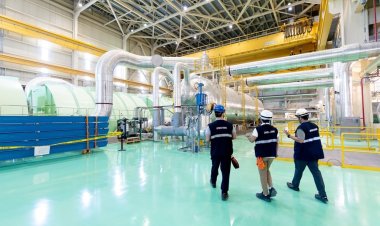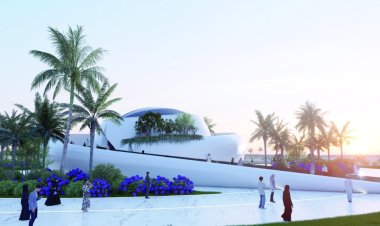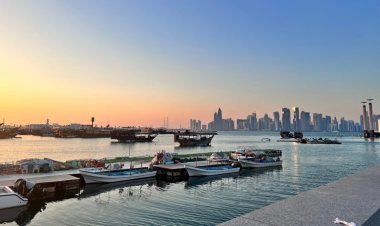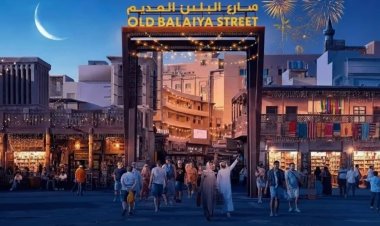JLL Warns of Hotel Oversupply in Riyadh and Jeddah Ahead of 2034 FIFA World Cup
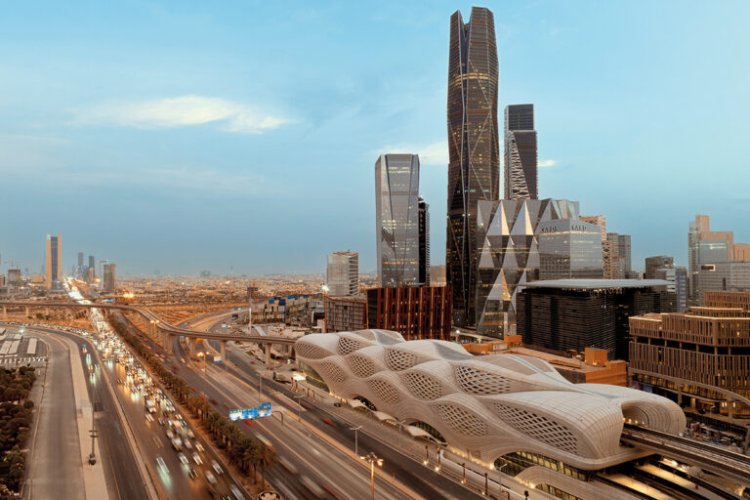
Riyadh, October 21, 2025
Saudi Arabia’s rapidly expanding hospitality sector could face a risk of oversupply in key cities such as Riyadh and Jeddah as the country prepares to host the 2034 FIFA World Cup, according to global real estate consultancy JLL. In a new white paper titled Beyond the Whistle, JLL warns that while these major cities will remain strategically important, investors should begin shifting their focus toward emerging destinations like NEOM and Abha to avoid market saturation.
The report highlights that hotel supply in Riyadh and Jeddah is already growing at an accelerated pace, with annual increases of 6% and 5% respectively among the highest in the Kingdom. Riyadh currently offers 22,729 hotel keys, while Jeddah’s stock of 20,518 is expected to rise significantly to 30,611 by 2030. JLL cautions that overconcentration in these urban hubs may lead to excess inventory unless investment diversifies toward less developed regions aligned with Saudi Arabia’s tourism strategy.
NEOM and Abha are seen as underexploited but promising locations, particularly as they align with Vision 2030’s goal of transforming the Kingdom into a global tourism hub. These areas offer what JLL describes as “first-mover advantages,” especially in the growing segments of sustainable and luxury hospitality.
The hotel sector is also being propelled by Saudi Arabia’s ambitious giga-projects, including The Red Sea, Qiddiya, and Diriyah, which are transforming the country’s tourism and entertainment landscape. In Riyadh, projects such as King Salman Park, New Murabba, and the Riyadh Metro are fueling new waves of both corporate and leisure demand. Similarly, Jeddah’s growth is being driven by its coastal appeal and large-scale mixed-use developments.
Saudi Arabia was officially confirmed as the host nation of the 2034 FIFA World Cup by FIFA in December 2024. The tournament, which will be the first 48-team edition to be held in a single country, is expected to feature matches across five cities: Riyadh, Jeddah, Al Khobar, Abha, and NEOM. Match schedules are yet to be finalized in coordination with Saudi authorities and global stakeholders.
JLL predicts the tournament will act as a major catalyst for foreign direct investment into Saudi Arabia’s hospitality industry. Drawing parallels to the 2022 FIFA World Cup in Qatar, which brought in 2.5 million international visitors and caused a 99% increase in hotel rates, JLL believes the 2034 event could similarly elevate Saudi Arabia’s global tourism profile.
However, challenges remain. The report cites staffing shortages, the need to elevate service standards, and the importance of upgrading existing hotel infrastructure to meet international expectations. It also calls for stronger incentives to attract Saudi nationals into careers within tourism and hospitality.
Despite these hurdles, Saudi Arabia's tourism sector continues to exceed expectations. The Ministry of Tourism has raised its annual visitor target to 150 million by 2030 after surpassing its original goal seven years early. According to the JLL report, tourism’s share of GDP has increased to 4.4%, up from 3.8% four years ago, reflecting the Kingdom’s growing success in diversifying its economy.








